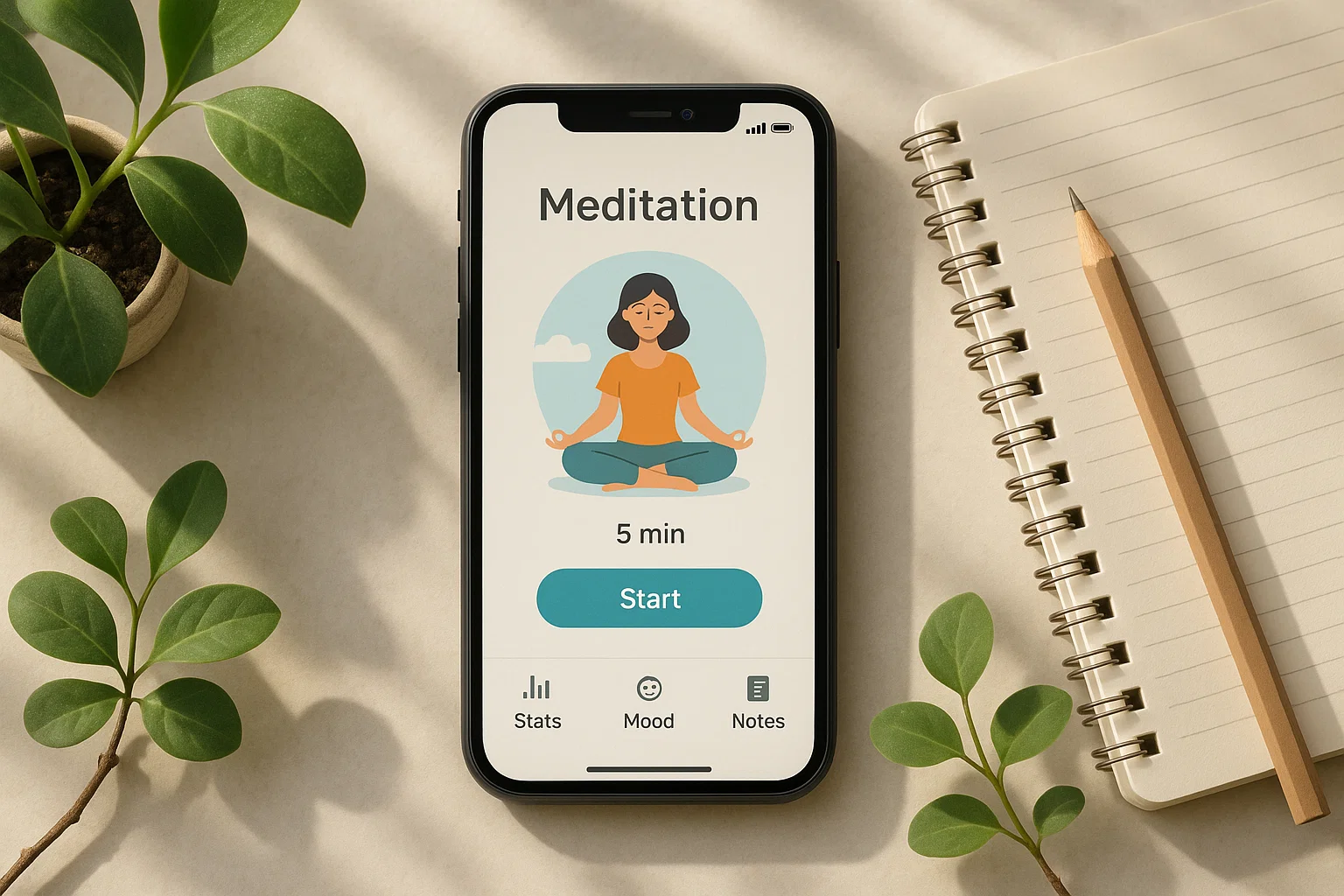Introduction
In today’s fast-moving world, more people than ever are juggling work, family, social pressures, and personal goals — yet mental well-being often remains under-addressed. As societies evolve, mental health is no longer a “nice to have” conversation: it’s central to how communities thrive, how workplaces perform, and how individuals live fulfilled lives.
This post explores why mental health awareness matters now more than ever, and how we can all play a part in building healthier societies.
1. Beyond Stigma: Why Awareness Matters
Many people still associate mental health issues solely with extreme cases — depression, breakdowns, or hospitalization. But awareness means recognizing the full spectrum: everyday stress, anxiety, burnout, and emotional fatigue.
When we bring mental health into open conversations, we:
- Help people recognize early signs and seek help sooner.
- Reduce the silence and shame that deepen issues.
- Foster supportive environments in families, schools, and workplaces.
Quick tip: Ask yourself: “When was the last time I checked in with someone about how they’re really feeling?” That simple question starts the awareness process.

2. Mental Health & Society: The Bigger Picture
Mental health isn’t just an individual matter — it affects communities, economies, and culture.
- Workplaces with higher employee wellbeing see better productivity, fewer sick days, and lower turnover.
- Societies with strong mental-health support systems experience less long-term cost from untreated issues.
- When mental health becomes part of public discourse, policies grow more inclusive — from education to healthcare and social welfare.
In short: the stronger a society’s mental-health ecosystem, the more resilient and prosperous it becomes.
3. The Role of Technology & Media in Modern Mental Health
With smartphones, social media, and remote work, our lives are more connected — yet paradoxically more isolated. Digital tools bring both risks and opportunities:
- Risks: Constant connectivity can blur work-life boundaries, drive burnout, and fuel comparison or anxiety.
- Opportunities: Teletherapy, mental-health apps, and digital support communities can make help more accessible than ever.
The key is balance. Society must leverage technology responsibly so that it supports, rather than undermines, mental well-being.

4. Building Mental-Health Resilience: Practical Strategies
Awareness is the first step — the next is action. Here are some strategies that individuals, organizations, and communities can adopt:
- Regular check-ins: Encourage open conversations about wellbeing at work, school, and home.
- Education: Provide mental-health literacy programs that teach signs, symptoms, and how to seek help.
- Safe spaces: Create cultures where admitting “I’m struggling” is accepted, not judged.
- Proactive self-care: Prioritize sleep, physical activity, and meaningful social connections.
- Policy and environment: Embed mental-health support systems within organizations and community programs.
5. Why Now Is a Critical Moment
We’re living through accelerating change — global uncertainty, economic stress, climate anxiety, and social fragmentation. All these put pressure on our emotional well-being.
Raising mental-health awareness now means:
- Adapting to change rather than being overwhelmed by it.
- Building stronger foundations for future generations.
- Ensuring mental health becomes a proactive pillar of modern society, not a reactive afterthought.
Conclusion
Mental health awareness isn’t just about feeling better — it’s about building stronger, more compassionate societies. When we treat mental well-being as a shared responsibility — across homes, workplaces, schools, and government — we create healthier people, more productive organizations, and a brighter collective future.
Whether you’re an individual aiming to be more mindful, a manager supporting your team, or a community leader shaping culture — your actions matter. Let’s talk, listen, and act — together we can build societies that don’t just survive, but truly thrive.

References
American Psychological Association. (2023). Stress in America: The State of Our Nation. Retrieved from https://www.apa.org/news/press/releases/stress
Centers for Disease Control and Prevention. (2024). Mental Health Awareness. U.S. Department of Health & Human Services. Retrieved from https://www.cdc.gov/mentalhealth/
World Health Organization. (2023). Mental health: Strengthening our response. Retrieved from https://www.who.int/news-room/fact-sheets/detail/mental-health-strengthening-our-response
National Alliance on Mental Illness. (2024). Mental Health by the Numbers. Retrieved from https://www.nami.org/mhstats
Harvard Health Publishing. (2023). The importance of mental health awareness. Harvard Medical School. Retrieved from https://www.health.harvard.edu/
World Economic Forum. (2024). Why prioritizing mental health is essential for a thriving workforce. Retrieved from https://www.weforum.org/
Johns Hopkins Medicine. (2023). About Mental Health. Retrieved from https://www.hopkinsmedicine.org/health/conditions-and-diseases/mental-health
The Lancet Public Health. (2022). Global burden of mental disorders and the need for integrated mental health care. The Lancet Public Health, 7(9), e724–e735. https://doi.org/10.1016/S2468-2667(22)00140-8




